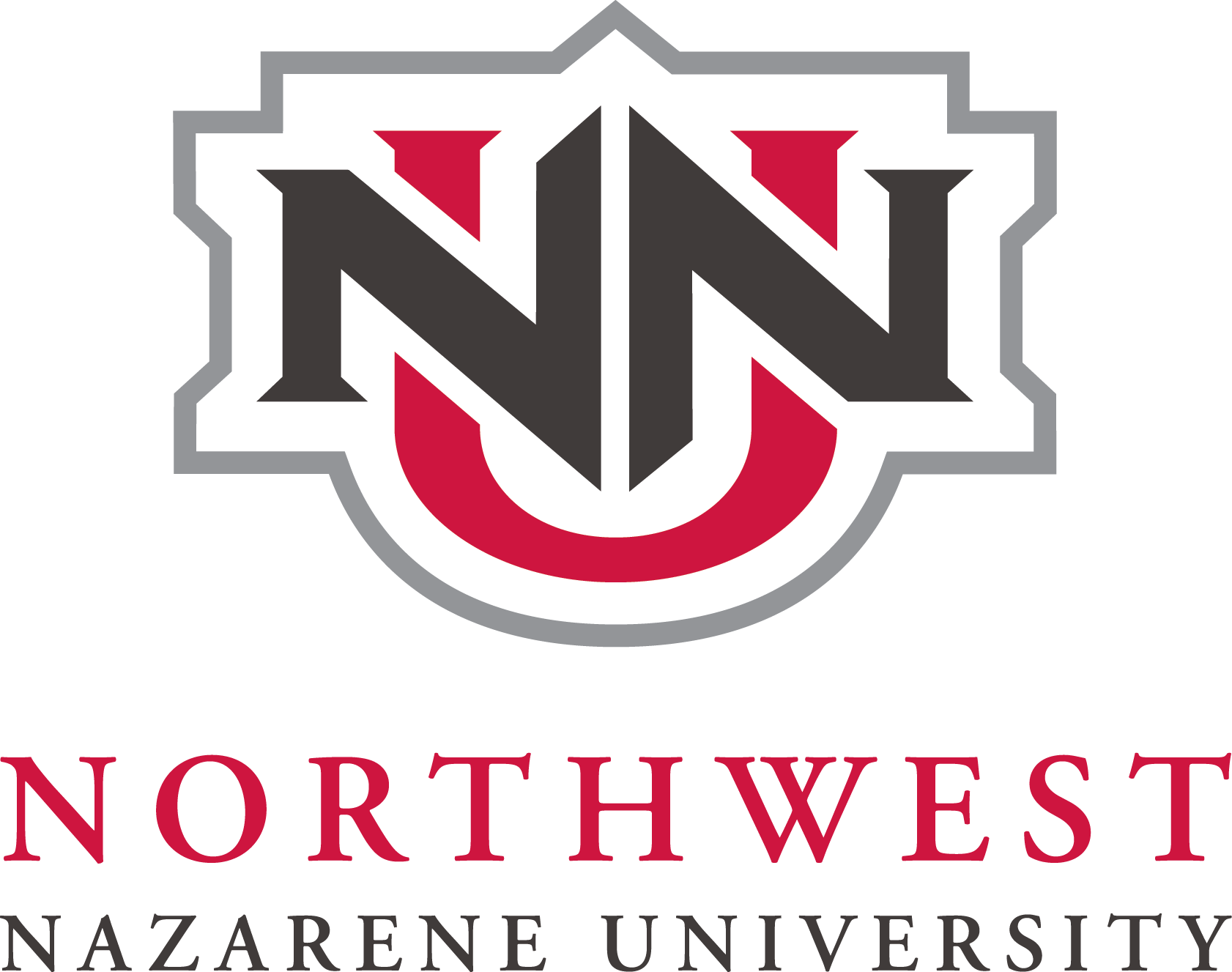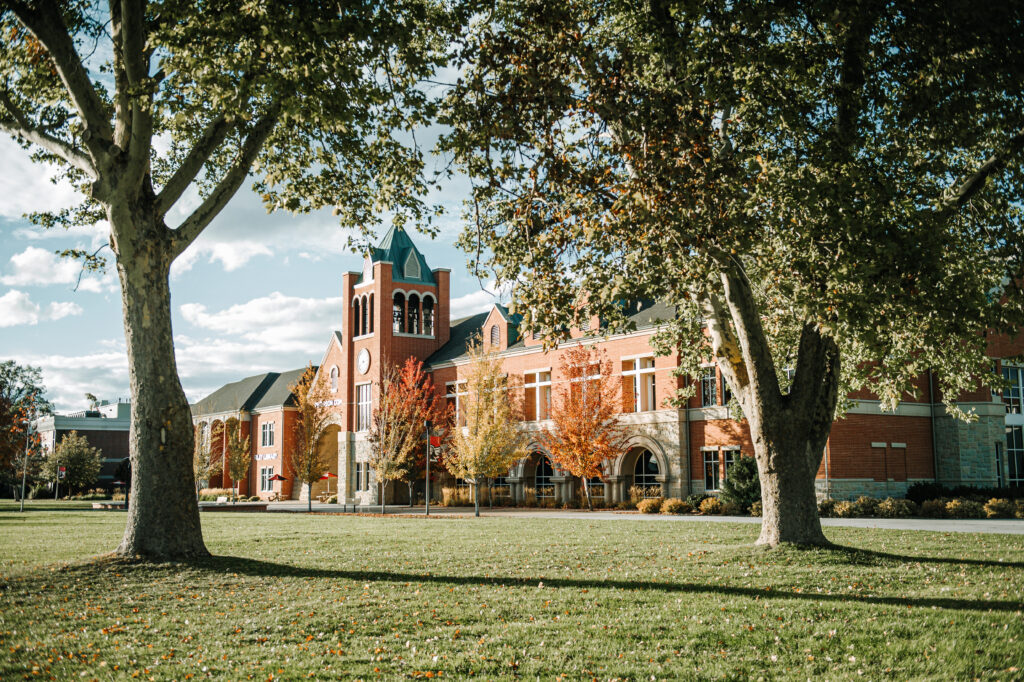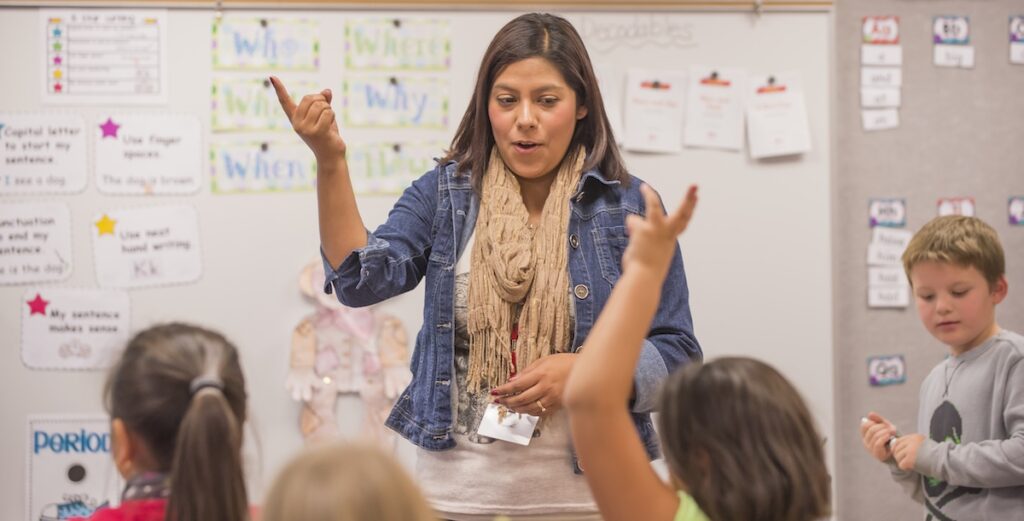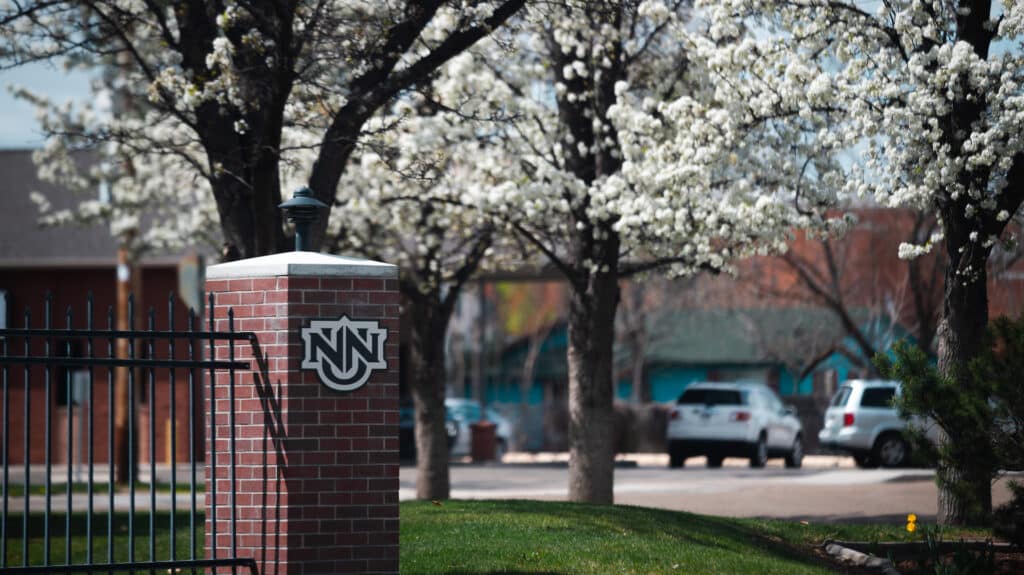By: Ashley C. Crafton, 2007, Galena Innovations, CEO
My name is Ashley Crafton. I attended NNU from 2004 to 2007 and graduated with my nursing degree. NNU places such an emphasis on service—being Christ’s hands out in the world. It was at the core of everything we did in the nursing program and that has never left me. I know I can’t fix all things in the world, but I can fix the things in my world and, working in obstetrics, I want families to have the best birth outcomes.
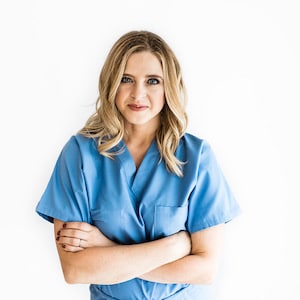 I am currently the CEO of Galena Innovations, a medical device startup that is building the Hannah Cervical Cup to prevent preterm birth. I started working in women’s health when I was 17 at an obstetrician’s office in Nampa after school in the afternoons. I instantly fell in love with all things obstetrics—mothers, babies, reproductive biology—the whole thing. I knew I wanted to choose a career that had something to do with this field. My first day there was Tuesday, September 11, 2001—the day of the terrorist attacks on the United States. Someone brought a television into the breakroom for us to watch the news in between patients, and as I watched what was happening, it really colored my experience working there. I decided I had to choose a career where I could help others. I wanted to put myself in a position where I was ready to help in all circumstances; that’s why I chose nursing.
I am currently the CEO of Galena Innovations, a medical device startup that is building the Hannah Cervical Cup to prevent preterm birth. I started working in women’s health when I was 17 at an obstetrician’s office in Nampa after school in the afternoons. I instantly fell in love with all things obstetrics—mothers, babies, reproductive biology—the whole thing. I knew I wanted to choose a career that had something to do with this field. My first day there was Tuesday, September 11, 2001—the day of the terrorist attacks on the United States. Someone brought a television into the breakroom for us to watch the news in between patients, and as I watched what was happening, it really colored my experience working there. I decided I had to choose a career where I could help others. I wanted to put myself in a position where I was ready to help in all circumstances; that’s why I chose nursing.
Because of the heavy emphasis on living a life of service, NNU was the perfect fit for me. It shaped what kinds of opportunities I looked for and where I spent my time. I was always on the perinatal bereavement team for the hospitals I worked for and helped run the interfaith winter shelter. This all came to a head in 2021. My family and I were living in Germany while I was working for the U.S. Army. In August of 2021, with four hours’ notice, my team of nurses was asked to evacuate Afghanistan. We set up a M.A.S.H. (now called C.A.S.H.) hospital on the tarmac next to where the planes would be landing. What we thought would be 13,000 people in the evacuation ended up being 120,000. The first night, we were not prepared—we did our best to stock our tent with any supplies we could get from our hospital and from our own homes. We desperately needed clothes, food, baby formula, diapers, blankets, etc. I called my family here in Idaho (my husband and kids were visiting at the time) and people from all across the Boise Valley sent blankets, diapers, wipes, clothing, baby formula, anything we needed, even money—thousands of dollars. My husband vacuum-packed as many suitcases as he could find and had the goods shipped to me in four days. We clothed those families with everything from the Boise Valley. (To those that sent things—thank you!) 20 years to the day that I began work as a high school student nurse’s aide in an obstetrician’s office watching the World Trade Center collapse, I was delivering refugee women from Afghanistan as part of Operation Allied Refuge.
Just after the evacuation of Afghanistan ended, I got a call from Idaho asking for some help getting a family with a brand new baby out of Ukraine. Then, our church called and asked us to get another family out. Pretty soon, we were helping more and more people get out. The first six months of 2022 were spent evacuating roughly 30 people and sending supplies in to Ukraine. Through all of that, being in Germany ended up being one of the great privileges of my life.
In 2018, I started to be bothered by some things I was seeing in obstetrics. Being on the perinatal bereavement team, I saw firsthand how we just didn’t always have solutions. Every time something goes wrong in pregnancy, the same question gets asked: “Why, in this day and age, can we not do anything about this problem?” Although almost all nurses and providers give compassionate care, the system is failing families. Because of this, I started reading everything I could about preterm birth research. As I read, it became clear that in order to prevent early births, tension should be applied to the cervix. The day I came to that conclusion, a woman came into the hospital where I worked complaining of labor symptoms. I had assisted in sewing her cervix closed a week earlier and she delivered a baby that was too young to survive. I couldn’t watch this happen to one more family and I realized that if I wasn’t part of the solution, I was part of the problem. I had no choice but to move forward. So I created Galena Innovations, a medical device company that is developing the Hannah Cervical Cup—the solution to preterm birth. We will begin clinical trials this year!
I knew when I started this venture that anything that does not address the needs of mothers from the United States to Africa only perpetuates the health and social inequities that are pervasive in our world. It had to be something simple enough that could be put in the hands of birth workers everywhere, and something that could be used for Medicaid patients. We also had to make it available philanthropically to those who need it most, which is exactly what we are doing. Protecting and uplifting the most vulnerable was definitely something that was reinforced during my time at NNU.
One of the things that was part of my NNU education was daily prayer and the reading of God’s Word. My habit of praying for my patients began in clinicals with my instructors.
I think it is little habits like these that lead to big things.
This has allowed me to see the families I serve with His eyes and gave me the strength and courage to pursue this course so that I might be a part of His work.
My hope is to end preterm birth—the leading cause of death for children under age 5. These children are all God’s children and special souls. If you’re interested in helping us with our project, I invite you to contact me at ashley@galenainnovations.com. I’d love your partnership as we continue to do God’s work of serving our world’s most vulnerable.
